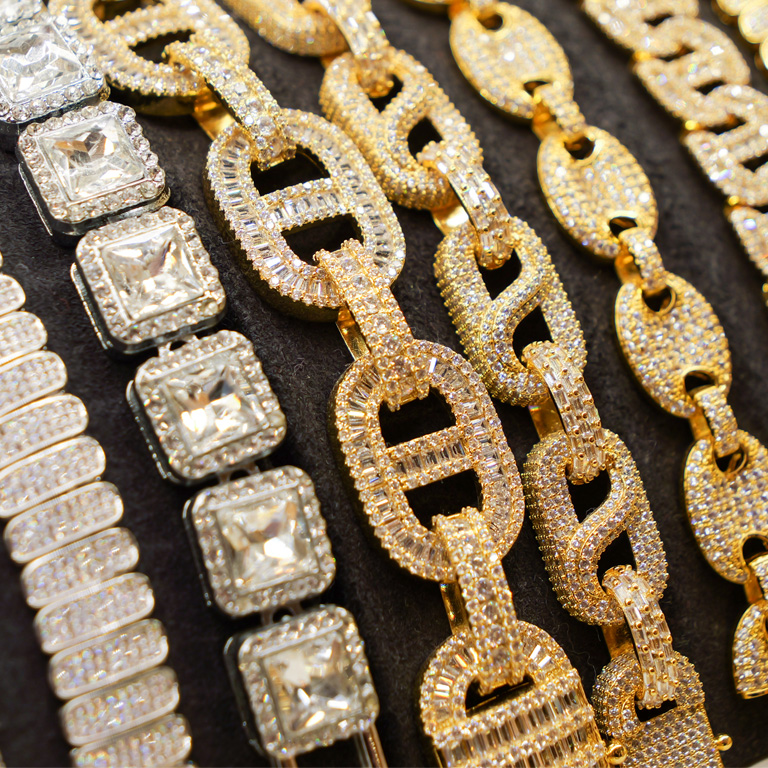If the pandemic has allowed you time to reflect on your pastimes, perhaps your love of wine has ignited a passion for exploring wine collecting, but you're not sure where to begin. Or maybe you've already dipped your toe in the water and would like to grow your wine collection, but you don’t know how to.
Whether it's for personal consumption (and enjoyment!) or long-term investment, becoming a successful wine collector takes time, financial commitment and a lot of research. But where do you begin? With so many questions, here's our guide to get you started with building your wine collection.
Decide on your wine collection's purpose
You've probably already decided if your collection will be centred on pleasure, profit, or a hybrid of the two. Its purpose will determine many things including how much storage space you require and where this will be – in your home or using specialist storage facilities – your level of investment, security and arranging insurance to protect your collection.
Plan your wine collection before you buy
Once you have determined your goal, you can turn your attention to buying your wine. Avoid buying too much of the wrong wine by planning for different scenarios:
- Wine bought at retail to drink now.
- En primeur or 'wine futures' – purchasing wines early while the wine (a vintage) is still in the barrel; drink or sell this in the future when it comes to maturity. Generally, this is for wine that will sell out and be unavailable in five to ten years.
- Wine bought for investment to sell over time.
There's a misconception that wine collections should be made up of expensive wines. This isn't necessarily the case; focus on wines you enjoy and ones you can experience throughout the ageing process. A wine can also change its character over time, drifting in and out of 'drinking windows' and responding to storage conditions, temperature, air and the food with which it's paired.
Grow your knowledge
If you're looking to expand your knowledge of wines, one way to educate yourself is to join a wine tasting subscription. There are various options available; many offer expert advice and the opportunity to broaden your wine tastes. The more wines you taste, your palette will change. Read what the experts are saying, The Wine Society has an excellent website that features knowledgeable insight, events and the latest wine news.
Most wines aren't meant to age, so by understanding what categories of wines tend to age well and which ones don't, you'll know which wines to drink now and which to store.
Learning about different wine regions will take you on a journey of discovery. Paul Emery, Managing Director of Private Clients and a wine enthusiast, shares his thoughts when it comes to wine-related geography: "Pick two or three regions and know them well. As you hone in on your preference for red or white wine, particular grapes, or blends, styles and growing regions, build up knowledge and target certain wines according to the vintage.
"There are many classifications and rules about where grapes can be grown, by whom and where wine can be made and blended, and which grapes. Most importantly, focus on the regions with the wines you like to drink. I like to plan evenings with like-minded friends and try a number of different wines over an evening or sample the same wine from different vintages."
Finding suitable storage
When storing wine at home, you'll need a dark place with a consistently cool temperature, an unheated area such as under the stairs or a dedicated wine fridge set at a temperature of around 12 degrees. More sophisticated options include wine rooms or spiral cellars.
If your wine collection is investment-based, you may choose to use one of the many climate-controlled, bonded warehouses in the UK that allow private collectors to keep wine 'in bond'. This means you can buy a case of wine without having to pay for the duty and VAT at the point of purchase. If you're buying wine and storing it in bond, specifically to sell a later date for a higher price, you won't have to pay VAT on it as the seller. There is a fee to store wines in bond, which includes insurance in many cases. However, your cover may be only at the purchase price rather than the market price so check with your storage provider or specialist insurance broker.
A word of caution; storage is expensive, so it's advisable to use one provider to consolidate and manage your collection.
Choosing a wine merchant
It's essential to build a relationship with your wine dealer and trust their advice and guidance over time. Choose one or two merchants you feel comfortable with. Digital wine merchants are known for acquiring limited and rare allocations. By signing up for their newsletters, you will get to hear about offers and availabilities.
Depending on how much assistance you want with building your collection, some wine merchants can offer the support of an Account Manager, to advise on all aspects of starting and building your collection. If you want access to the most sought-after wines, then your Account Manager (with permission to act on your behalf), can secure wines that fit your collection, the moment they become available.
Your local wine shop is another excellent source. Many host in-store tasting events, so again, sign up for your favourite shop's newsletter, as you may discover wines which become new favourites.
Protect your collection
With all this time, effort and money invested into your collection, regardless of where you decide to store your wine – at home or in a storage facility – you'll need to make sure it's protected should the unthinkable happen. Standard home insurance may not be enough to cover a growing or significant wine collection. Our Private Clients team will help you.
Final thoughts
Own brand labels and second wines – you can find great wine at a lower price by selecting 'second wines', those made just outside a commune or region, declassified grapes or wine destined for greater labels and occasionally wine from great châteaux relabelled as an 'own brand'.
Manage your collection – by using an app such as Vivino or CellarTracker, it helps to know what you have available, but mostly to keep notes of if you liked the wine, the taste profile and read other people’s reviews.
Wine recommendations – finally, turning our attention to the festive season that’s quickly approaching. We asked Paul what he would like on his family table this year. Paul said:
“Given the chance to enjoy wines from my favourite regions, I’d opt for a vintage champagne with a little age, this doesn’t need to be super expensive. A £40 bottle of single year grand Cru from BBR will be softer, rounder and taste better than the equivalent supermarket brand name. For white I do prefer burgundy from Meursault or Puligny for special occasions. A village level wine can be found reasonably if 1st cru is out of reach. Red, I always go left bank Bordeaux. I love Margaux and Pauillac wines for their bright colour and savoury tannins. Great wines can be had in the £60-£90 range and good second wines from an ok vintage, and a little age 2012 or 2014 (skip 2011 and 2013), can be found at £25-£40. For dessert and cheese, I go for an elegant and chilled white Sauternes rather than a port. I find this complements cheese and cuts through sweet puddings. But, then there is always time for port in the evening.“


